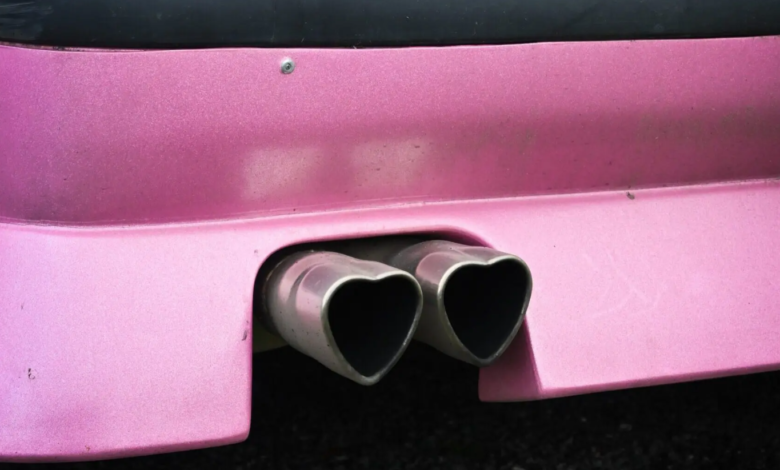Italy and 6 other EU countries against the new Euro 7 standards
The 7 countries have enough weight to block the adoption of Euro 7 standards in Brussels
(sustainabilityenvironment.com) – The new emission limits for cars and vans are to be trashed. The car industry would spend money unnecessarily, while it could spend these resources on zero-emission vehicles. It is supported by 7 European countries, including Italy, in a very tough stance against the new Euro 7 standards.
“We oppose any new rules on exhaust emissions (including new requirements for testing or new emission limits) for cars and vans“, reads a document from Reuters and signed by France, Italy, Czech Republic, Bulgaria, Hungary, Poland, Romania and Slovakia. A patrol large enough (and populous) to constitute a blocking majority: that is to wreck the upcoming negotiations on the Euro 7 emission standards between the Council and Parliament.
The winding road to Euro 7 standards
After the push and pull on the phase out of endothermic cars by 2035 staged between January and March this year, the decarbonisation of road transport in Europe is going to experience a new moment of passion. But if for the farewell to diesel and petrol vehicles the critics asked for simple changes, and in fact they got the ok also for electric fuels (which work with traditional engines), on Euro 7 standards the position is even harder.
Read also Euro 7 Regulation leaks new disappointing rumors
In fact, the criticism had already started in the preparation of the proposal by the Commission. That he had tended his ear to the car manufacturers. Compared to the first draft, the text presented last November had already filed down the most angular aspects, greatly lowering the limits for the main categories of pollutants and, in some cases, leaving them identical to those in force today with Euro 6d.
If politics begins to cross the blades on this issue – with the transition of transport that has become a very important topic in some internal agendas, including the Italian – the car industry increases the dose and fears production costs much higher. Compared to the Brussels forecasts, according to a study by Frontier Economics circulated by ACEA, the European automotive trade association, the costs to be incurred if the Euro 7 standards came into force would be 4 to 10 times higher.






